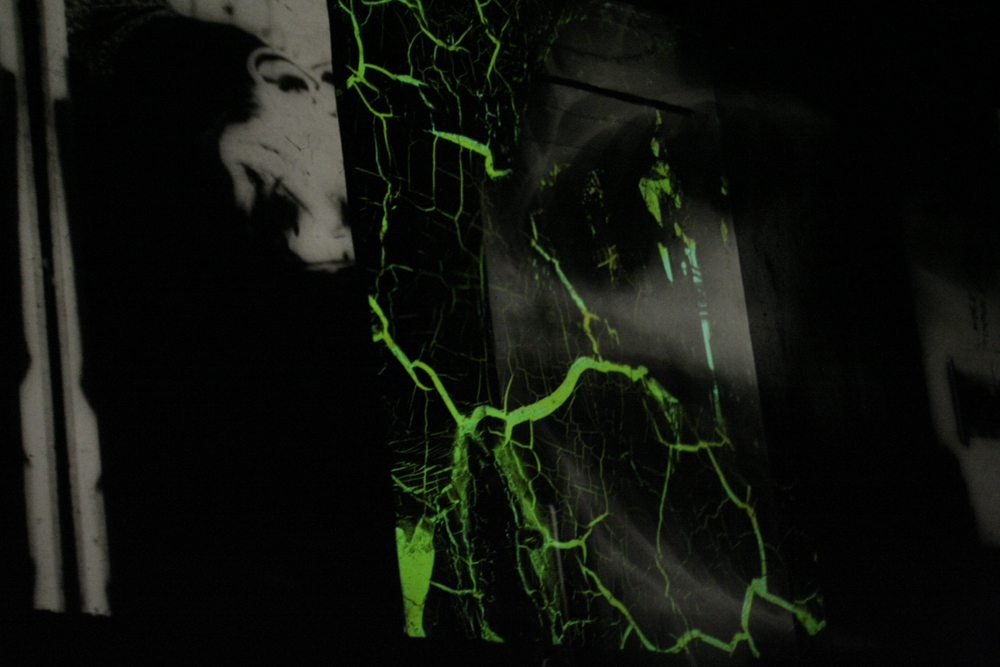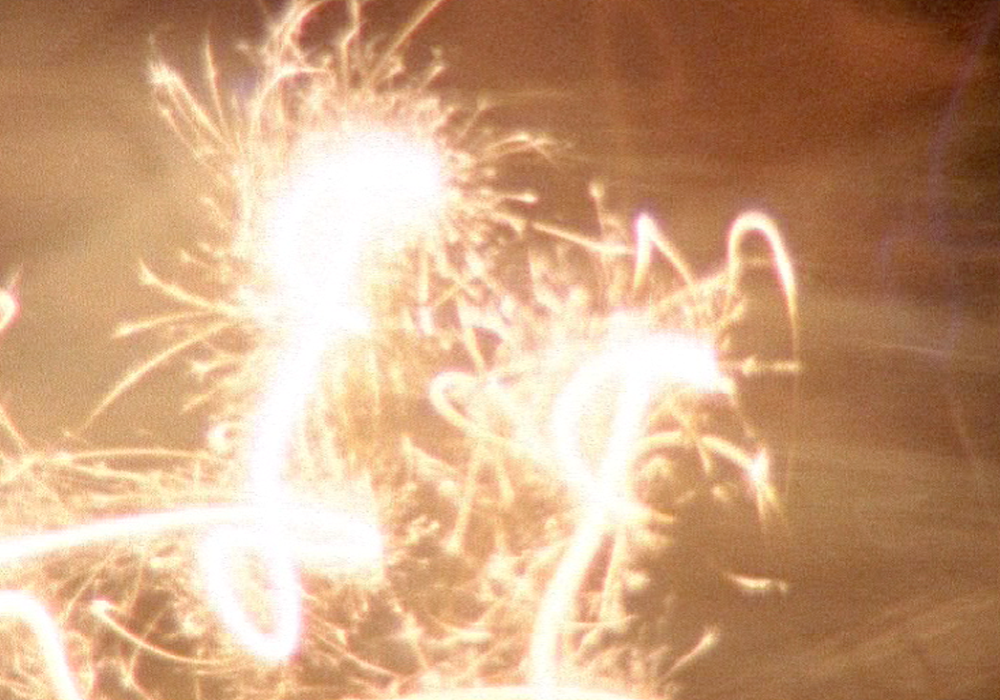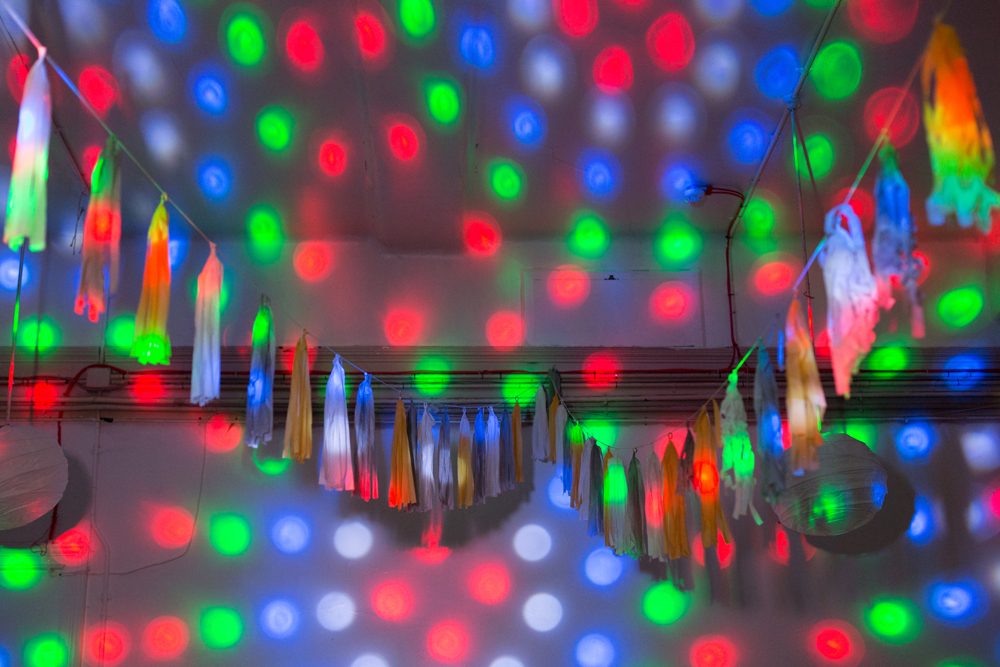
Vibracathedral Orchestra & Matthew Bower & John Godbert
John Godbert Matthew Bower Vibracathedral Orchestra
For this one off performance Vibracathedral Orchestra are joined by Matthew Bower and John Godbert from mighty UK heavy/drone/psych free-noise behemoths Skullfower, Sunroof! and Total.












